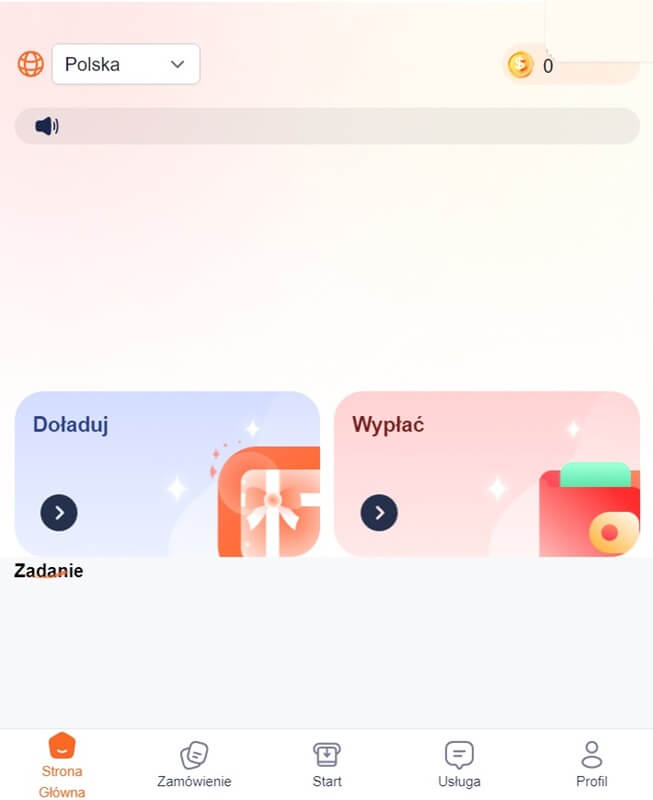- This topic has 0 replies, 1 voice, and was last updated 1 year, 7 months ago by .
Bonmarket.me: Fraudulent Job Offers Unveiled
The case of bonmarket.me highlights a concerning scam that has left a victim in financial distress. The victim, a newcomer to Poland from the Philippines, sought to support their family back home. Unfortunately, they fell prey to an elaborate scheme orchestrated through the website bonmarket.me.
The scam began with the victim being offered a job by someone named Justyna, who communicated via the phone number +48 694 304 348. After registering on the application and working for two days, the victim received payment, which built a sense of trust. However, the situation quickly took a turn for the worse when Justyna introduced the concept of a “lucky bonus,” which required the victim to make an upfront payment to release the bonus.
The victim complied, paying the initial amount, but Justyna demanded more payments under various pretexts. Despite the victim’s protests about insufficient money, the demands persisted, and the application remained pending, blocking access to the so-called lucky bonus. The victim lost $1,000 in USDT, sent to the receiving address
 TMRk5jDVkbPWtYSTvUFZq1ZPbMFppusSGQ
TMRk5jDVkbPWtYSTvUFZq1ZPbMFppusSGQ 
on the TRC20 (Tron) network.

Receiving Address:
 TMRk5jDVkbPWtYSTvUFZq1ZPbMFppusSGQ
TMRk5jDVkbPWtYSTvUFZq1ZPbMFppusSGQ 
The receiving address,
 TMRk5jDVkbPWtYSTvUFZq1ZPbMFppusSGQ
TMRk5jDVkbPWtYSTvUFZq1ZPbMFppusSGQ 
, is critical to understanding the scam conducted through the website bonmarket.me. This TRON address was used to receive funds from the victim, who lost $1,000 in USDT (Tether) on the TRC20 network. The transaction history of this address reveals multiple incoming and outgoing transactions, suggesting active use.
Upon examining the transaction history, it is evident that the address has been involved in numerous transactions involving significant amounts of USDT. For instance, on July 26, 2024, the address received 345.28 USDT and 58.81 USDT in separate transactions, and subsequently sent out 150 USDT on the same day. This pattern indicates a potentially high volume of transactions, which could be consistent with the operations of a scam network.
Moreover, the receiving address’s balance includes TRC-10 and TRC-20 tokens, reflecting a diversified portfolio. This can sometimes be a red flag, as scammers often use multiple token types to obfuscate their fraudulent activities and make tracing harder.
The transactions associated with this address include confirmations ranging from several thousand to tens of thousands, showcasing a well-established address in the TRON network. This aligns with the complaint where the victim was repeatedly asked to send more funds under different pretexts. The continuous flow of incoming and outgoing transactions suggests a systematic approach to siphoning funds from victims.
Domain Analysis
The domain bonmarket.me raises several red flags indicative of a potential scam operation. Registered on July 10, 2024, with NameSilo, LLC, this domain has a very recent creation date, often characteristic of fraudulent websites that aim to operate under the radar. The domain is set to expire on July 10, 2025.
The use of PrivacyGuardian.org to mask the registrant’s information adds another layer of suspicion. Legitimate users commonly employ privacy services for protection, but scammers frequently use them to hide their identities, making it difficult to trace the owners.
Bonmarket.me Review
The analysis of bonmarket.me reveals several critical red flags that strongly indicate a scam operation. The website claims to offer job opportunities and financial bonuses but has consistently failed to deliver on its promises, instead demanding repeated payments from victims.
The website design and structure appear professional at first glance, featuring a user interface in Polish and options for recharging and withdrawing funds. However, the underlying functionality is deceptive. Upon registration, users are enticed with initial payments to build trust. The real trap is set when users are promised significant bonuses but must make upfront payments to release these funds. This tactic, known as advance fee fraud, is a hallmark of scam operations.
Further investigation into the website’s HTML source code and the registration process reveals additional red flags. The metadata includes a directive for search engines not to index or follow the website, which is unusual for legitimate businesses seeking visibility and indicates an attempt to avoid scrutiny. The registration agreement contains vague and ominous language about account security and the rights of the platform to terminate accounts for providing inaccurate or undesirable information, which could be used to lock out users and retain their funds unjustly.
The website’s images and UI elements, such as the sign-in and registration pages, reinforce the appearance of a legitimate platform but mask the fraudulent activities behind them. The repeated demand for payments, lack of transparency, and professional facade all point to a well-orchestrated scam to exploit individuals seeking financial opportunities.
The Bottom Line Regarding Bonmarket.me
After a thorough investigation into bonmarket.me, it is evident that this platform operates as a sophisticated scam. The combination of recent domain registration, concealed registrant information, and using privacy services raises significant concerns.
Additionally, the website employs classic advance fee fraud tactics, initially luring victims with payments before demanding further funds under false pretenses.
The analysis of the receiving address confirms active involvement in numerous transactions, aligning with the patterns of fraudulent activity.
The deceptive design of the website, coupled with vague and threatening terms in the registration agreement, further solidifies the conclusion that bonmarket.me is not a legitimate business. It preys on vulnerable individuals seeking financial stability, ultimately leading to substantial financial losses.
- You must be logged in to reply to this topic.